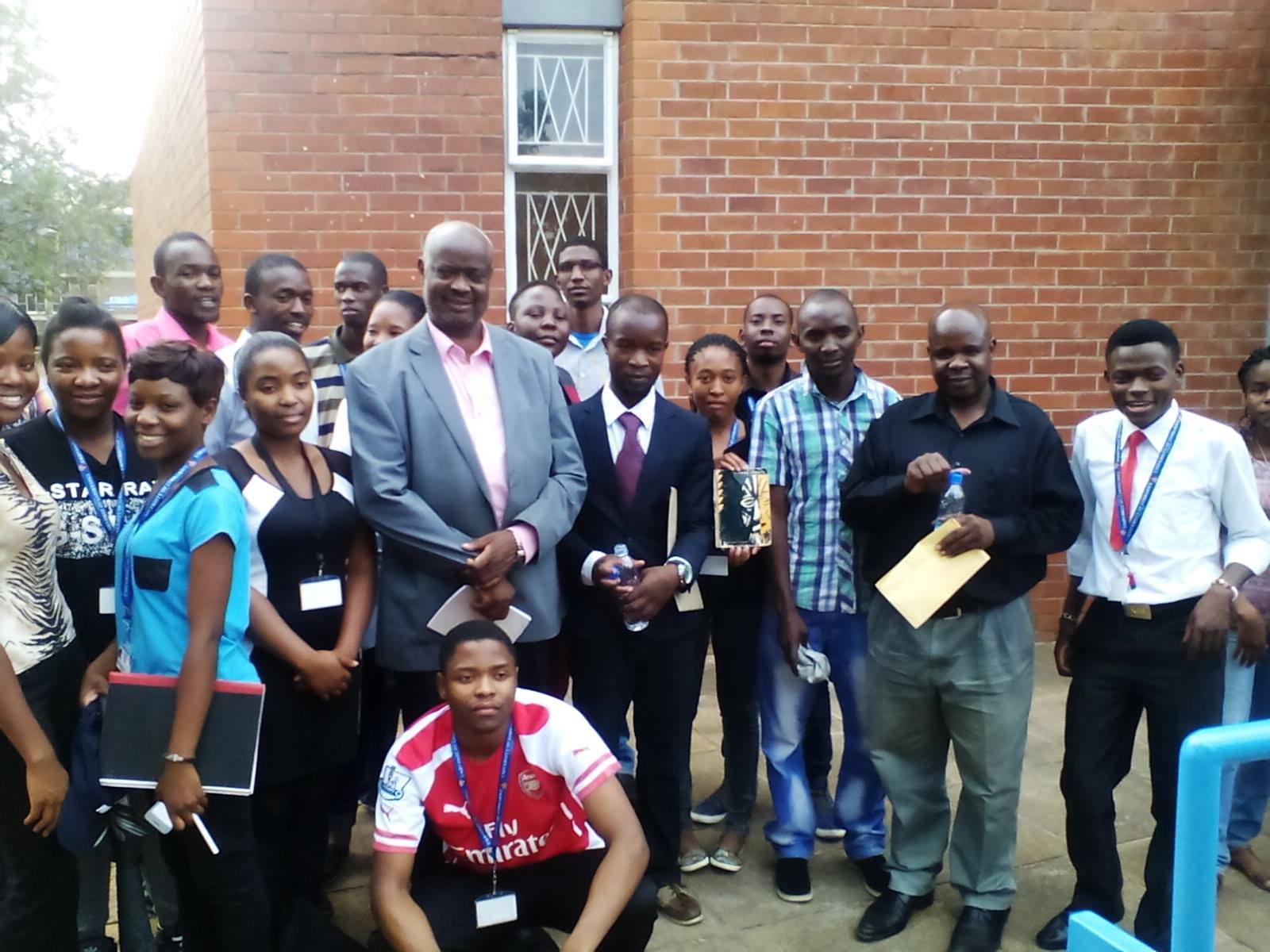
The Sunday Mail

Lovemore Ranga Mataire
Internationally-acclaimed author, freedom fighter and veteran journalist Cde Alexander Kanengoni (in picture), who was buried at his Nyamanetsa Farm in Centenary on Friday, was a giant of Zimbabwean literature whose war narratives are as enduring as his affable and free-spirited personality.
 It was this free-spiritedness and accessibility that made him a darling of students of Literature at the University of Zimbabwe, where he was also once a student.
It was this free-spiritedness and accessibility that made him a darling of students of Literature at the University of Zimbabwe, where he was also once a student.
His good-natured personality had its limits, though.
He was not the kind of person to hold anything back when he felt one had crossed the borderlines of the ethos that defines Zimbabwe.
This acerbic side came to the fore during one of his regular guest lectures at the University of Zimbabwe late last year.
Addressing Creative Writing/Press Club students on the trajectory of Zimbabwean literature before, during and after the liberation struggle, Kanengoni said he was saddened by what he called the Caine Prize aesthetic, which, he said, had hijacked and distorted the true Zimbabwean story.
The Caine Prize for African Writing is a literature prize awarded to an African writer of a short story published in English.
The prize was launched in the United Kingdom in 2000 to encourage and highlight the “richness and diversity of African writing by bringing it to a wider audience internationally”.
It so happened that the Caine Prize’s coming coincided with the so-called lost decade precipitated by economic sanctions imposed by the West on Zimbabwe following the Southern African state’s fast-track land reform.
It is the Caine Prize that propelled writers like Petina Gappah, NoViolet Bulawayo, Brain Chikwava and Tendai Huchu to international fame.
The Caine Prize is – according to Kanengoni – the bane of Zimbabwean literature.
With a £10 000 prize and a one-month stay at a US university, the competition seems so maladjusted in bearing the burden of representing African talent.
A number of African writers, including past winners like Ugandan Binyavanga Wainaina, Nigerian Ikhide R. Ikheloa and others like Professor Mukoma wa Ngugi, have all lambasted the competition for depicting “Africa as a country”.
Ikheloa went as far as describing the short listed stories as “a riot of exhausted cliches”, given the prevalence of huts, moons, rapes, Aids, squatters, murders, poverty.
The Caine Prize has also come under fire for seemingly catering for the Western world at the expense of the literary independence of the authors.
Kanengoni said the Zimbabwean story was hijacked by some Western nations and cohorts of non-governmental organisations who poured in money and sponsored certain authors to write lies about Zimbabwe under the guise of fiction.
“I am disappointed that the truthfulness of our story has been distorted. The Zimbabwean story is a truthful account of what we went through, the pains, the groans and the good.
“I want to talk about Chenjerai Hove because he was my contemporary. I am not saying this because he is dead, but even when he was alive, I also used to chide him that he must desist from telling lies that the system wanted to kill him.
“Of course, Hove could not have left the country and claim that he was being haunted. There was also Yvonne Vera, who was also a friend of mine who was at some stage based in Canada.
“We were good friends and always in contact and I used to ask her why she was lying that she ran away, it was pure dishonesty, that someone wanted to kill her.”
He also said, “When I was writing my short story, ‘Two of a Kinds’, (Charles) Mungoshi who used to stay in the same neighbourhood with me, was already working on ‘Waiting for the Rain’.
“That book is a truthful narrative of the Zimbabwean story in its horror.
“After 2000, that creative process was hijacked by some forces to rubbish ourselves. That is where I was disappointed . . . that we could be used to rubbish ourselves. I respect people’s opinions and I would never say that we see things the same way.
“We must criticise our leaders and even highlight some corrupt tendencies, but we should not lie.
“If you ask me when the Zimbabwean story was hijacked, I will tell that it happened in the last 10 years. It was hijacked when the land reform started. It was at that point that the Zimbabwean trajectory was hijacked.”
Kanengoni said a lot needed to be done to ensure that our education system inculcates a sense of pride and confidence in the future generations through documenting the heroic deeds of our ancestors and those that sacrificed all in defence of Zimbabwe.
Indeed, the search for the truth and centre seems to have been Kanengoni’s recurring theme in most of his texts as reflected in Echoing Silences, where the narrator says: “It’s shocking to see the reluctance that we have to tell even the smallest truth.
“Ours shall soon become a nation of liars. We lie to our wives. We lie to our husbands. We lie at work . . . What I fear most is that we will not leave anything to our children except lies and silence.”
As Kanengoni was laid to rest, I could not help but imagine him smiling.
For all his sacrifices, he finally got the land, the land that defined his ubuntu, his enduring attachment to what lies between the Zambezi and Limpopo.



